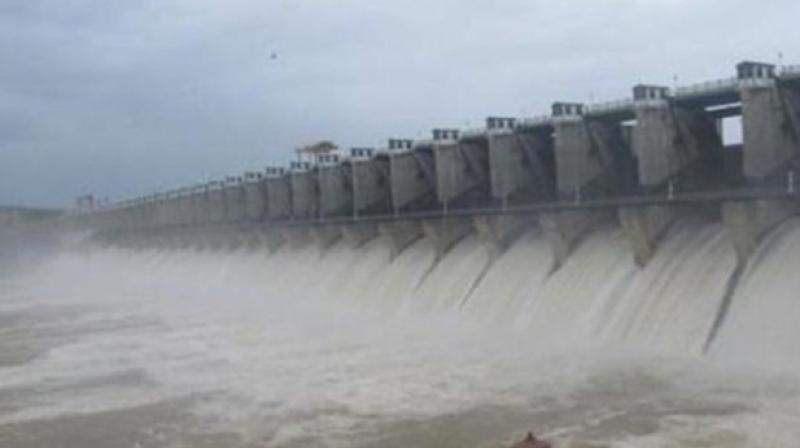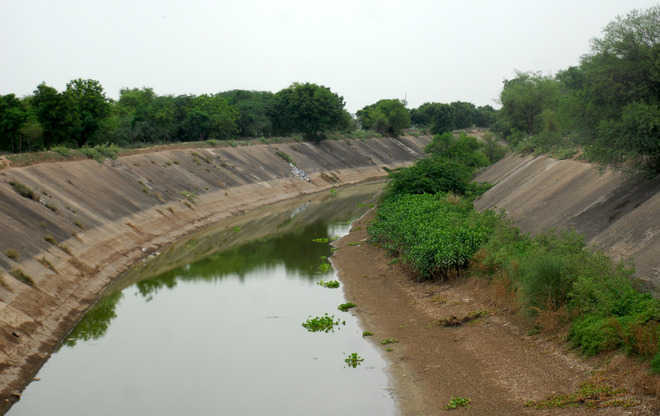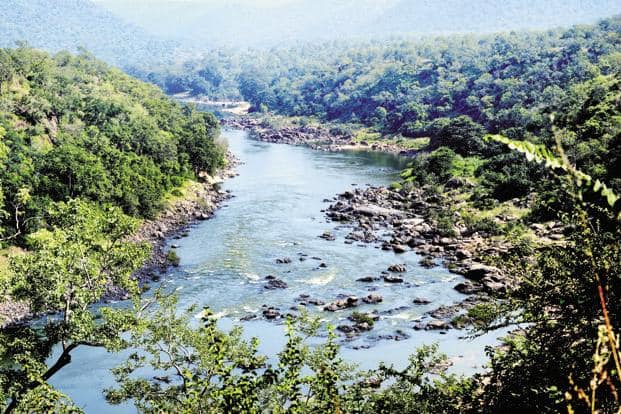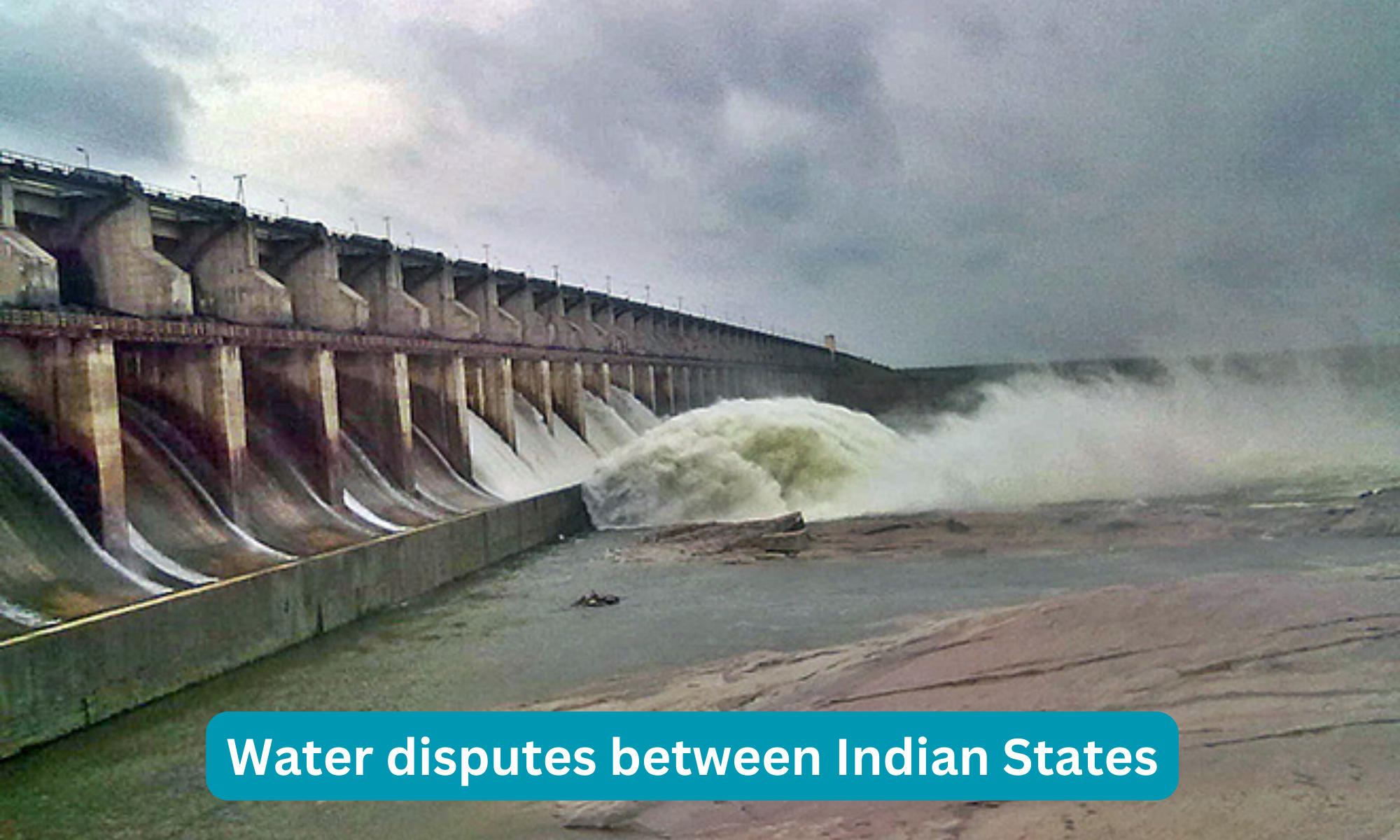Table of Contents
Water disputes between Indian States
Water disputes have been a significant issue in India for decades, with many states grappling with shortages, inadequate infrastructure, and competing demands for this vital resource. The country’s rapidly growing population and changing weather patterns have only served to intensify these challenges, leading to frequent disagreements between states over water sharing and management.
Water disputes between Indian States: Cauvery Water Dispute
- The Cauvery water dispute is a longstanding conflict between the Indian states of Karnataka and Tamil Nadu over the sharing of water from the Cauvery river.
- The dispute arose in the late 19th century, and has been ongoing since then, with several rounds of negotiations, agreements, and court rulings.
- The dispute centers around the sharing of water from the Cauvery river, which originates in Karnataka and flows through Tamil Nadu before emptying into the Bay of Bengal.
- Tamil Nadu claims that it has historical rights to a certain amount of water from the river, while Karnataka argues that it needs the water for its own agricultural and industrial needs.
- The dispute has led to frequent protests, violence, and even deaths, and has been a major political issue in both states.
- The central government of India has tried to mediate the dispute and has set up various bodies to resolve it, but a lasting solution has been elusive.
In recent years, there have been attempts to resolve the dispute through alternative mechanisms, such as sharing water through interlinking of rivers and building dams and reservoirs to store and distribute water. However, these efforts have also faced opposition and have not yet led to a final resolution of the dispute.

Water disputes between Indian States: Sutlej-Yamuna Link (SYL) canal Dispute
- The Sutlej-Yamuna Link (SYL) canal issue is a longstanding dispute between the Indian states of Punjab and Haryana over the sharing of river water.
- The dispute dates back to the 1960s, when the Indian government decided to construct a canal system to transfer water from the Sutlej River in Punjab to the Yamuna River in Haryana.
- The SYL canal was supposed to provide Haryana with its rightful share of water from the Sutlej and its tributaries, which had been allocated to it under the Punjab Reorganization Act of 1966.
- However, the canal was never completed due to various reasons, including political opposition and financial constraints.
- Punjab claims that it has already shared enough water with Haryana and that it does not have enough water to spare for the SYL canal.
- On the other hand, Haryana argues that it has been deprived of its rightful share of water and that the SYL canal is crucial for its agricultural and industrial development.
- The SYL canal issue has been a source of tension between the two states for decades and has resulted in several rounds of litigation in the Indian courts.
- The Supreme Court of India has given multiple judgments in favor of Haryana, directing Punjab to complete the canal and share the water as per the allocation.
However, the Punjab government has refused to comply with the court’s orders, citing concerns over water scarcity and the impact on its own agriculture. The issue remains unresolved and continues to be a bone of contention between the two states.

Water disputes between Indian States: Mahadayi Water Dispute
- The Mahadayi water dispute is a long-standing water sharing dispute between the Indian states of Karnataka and Goa.
- The Mahadayi river, also known as the Mandovi river, originates in Karnataka and flows into Goa before emptying into the Arabian Sea.
- Karnataka has proposed to build a series of dams and canals to divert water from the Mahadayi river to meet the drinking water needs of its drought-prone regions in the northern part of the state.
- However, Goa has been opposing the project, stating that it would adversely affect its ecology and water supply.
- The dispute has been ongoing since the 1980s, and several rounds of talks between the two states have failed to resolve it.
- The matter has been taken up by various courts and tribunals, including the Mahadayi Water Dispute Tribunal, which was set up in 2010 to resolve the issue.
- In 2018, the tribunal gave its verdict, allowing Karnataka to divert 13.42 TMC (thousand million cubic feet) of water from the Mahadayi river, subject to certain conditions.
- However, the Goa government challenged the tribunal’s decision in the Supreme Court, which is yet to give its final verdict on the matter.
The Mahadayi water dispute is a complex issue that involves various stakeholders, including farmers, environmentalists, and politicians. The dispute highlights the challenges of managing water resources in a region where water scarcity is a recurring problem.

Water disputes between Indian States: Interstate River Disputes Act, 1956
The Interstate River Dispute Act is a crucial piece of legislation that governs the distribution of water resources among different states in India. The act was enacted in 1956 and has undergone several amendments since then. It is one of the most important legal frameworks that ensure equitable distribution of water resources in the country.
Interstate River Disputes Act, 1956: Objective
- The primary objective of the Interstate River Dispute Act is to resolve disputes between different states over sharing of river waters.
- Water is a scarce resource in India, and many rivers that flow through multiple states become a source of conflict when it comes to sharing water among these states.
- The act provides a legal mechanism to resolve such conflicts in a fair and just manner.
- The act applies to all rivers that flow through more than one state in India.
- The Central Government has the power to constitute a tribunal for the adjudication of disputes related to the distribution of river waters among different states.
- The tribunal is headed by a chairperson and has several members appointed by the Central Government.
- The tribunal has the power to decide on the allocation of water resources among different states based on the principles of equitable distribution.
The Interstate River Dispute Act has been used to resolve several disputes related to water distribution in India. Some of the most significant disputes that have been resolved using this act include the Cauvery Water Dispute, the Krishna Water Dispute, and the Godavari Water Dispute. In each of these cases, the tribunal appointed under the act has played a crucial role in resolving the disputes and ensuring that water resources are distributed equitably among the different states.
Interstate River Disputes Act, 1956: Amendments
The act has undergone several amendments since its enactment in 1956. The most significant amendment was made in 2002, which made the process of setting up tribunals faster and more efficient. The amendment also added provisions for the sharing of information among different states and made it mandatory for states to notify the Central Government about any new water projects that they plan to undertake.
The Interstate River Dispute Act is a crucial piece of legislation that plays a vital role in ensuring the equitable distribution of water resources among different states in India. The act has helped to resolve several disputes related to water distribution in the country and has provided a legal mechanism for the fair allocation of water resources. With water becoming an increasingly scarce resource in the country, the importance of this act is only set to increase in the future.
What is Dowry System? Know about the Dowry System in India



 TSPSC Group 1 Question Paper 2024, Downl...
TSPSC Group 1 Question Paper 2024, Downl...
 TSPSC Group 1 Answer key 2024 Out, Downl...
TSPSC Group 1 Answer key 2024 Out, Downl...
 UPSC Prelims 2024 Question Paper, Downlo...
UPSC Prelims 2024 Question Paper, Downlo...
